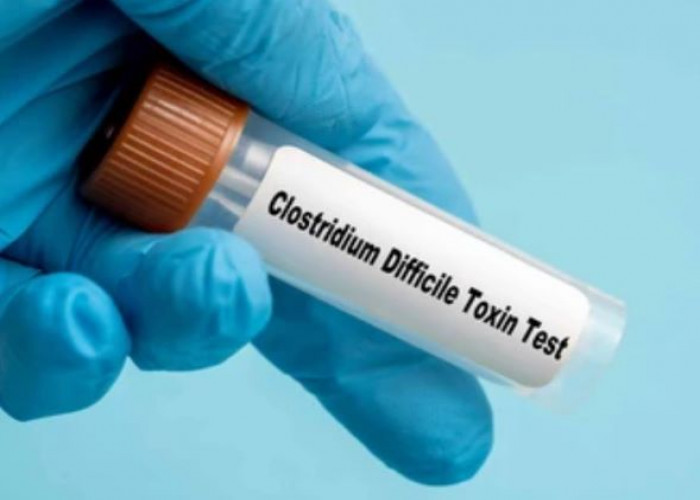 Welcome
Welcome
“May all be happy, may all be healed, may all be at peace and may no one ever suffer."
Antibiotic-associated diarrhea
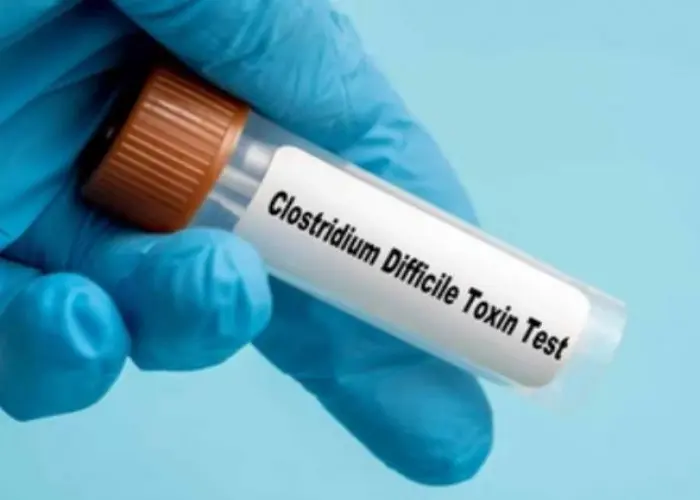
Antibiotic-associated diarrhea (AAD) is a type of diarrhea that occurs as a side effect of taking antibiotics. Antibiotics can disrupt the balance of bacteria in the gut, leading to overgrowth of certain bacteria, such as Clostridium difficile, that can cause diarrhea.
AAD symptoms typically include watery or loose stools, abdominal cramping, and bloating. In some cases, AAD can lead to more serious complications, such as colitis or pseudomembranous colitis.
To prevent AAD, it is important to take antibiotics only when they are prescribed by a doctor and to follow the dosing instructions carefully. Taking probiotics, such as lactobacillus or saccharomyces boulardii, during and after antibiotic treatment may also help prevent AAD.
If you develop AAD, it is important to stop taking the antibiotic and contact your doctor immediately. Treatment may include switching to a different type of antibiotic, taking probiotics, or using antibiotics specifically targeted against C. difficile. In severe cases, hospitalization and intravenous antibiotics may be necessary.
It is important to seek prompt medical attention if you develop AAD, as prompt treatment can help prevent serious complications and promote a speedy recovery.
Research Papers
Disease Signs and Symptoms
- Loose watery stools
- Frequent bowel movements
- Dehydration
- Abdomen pain
- Fever
- Nausea or vomiting
- Loss of appetite
Disease Causes
Antibiotic-associated diarrhea
Why antibiotic-associated diarrhea occurs isn't completely understood. It's commonly thought to develop when antibacterial medications (antibiotics) upset the balance of good and bad bacteria in your gastrointestinal tract.
The antibiotics most likely to cause diarrhea
Nearly all antibiotics can cause antibiotic-associated diarrhea. Antibiotics most commonly involved include:
- Macrolides, such as clarithromycin
- Cephalosporins, such as cefdinir and cefpodoxime
- Fluoroquinolones, such as ciprofloxacin and levofloxacin
- Penicillins, such as amoxicillin and ampicillin
C. difficile infection
When antibiotics upset the balance of bacteria in your digestive system, the bacteria C. difficile can quickly grow out of control. C. difficile bacteria create toxins that attack the lining of the intestine. The antibiotics most commonly linked to C. difficile infection include clindamycin, fluoroquinolones, cephalosporins and penicillins — though taking virtually any antibiotic can put you at risk.
Disease Prevents
Antibiotic-associated diarrhea
To help prevent antibiotic-associated diarrhea, try to:
- Take antibiotics only when necessary. Don't use antibiotics unless your doctor feels they're necessary. Antibiotics can treat bacterial infections, but they won't help viral infections, such as colds and flu.
- Ask caregivers to wash their hands. If you're receiving care at home or the hospital, ask everyone to wash his or her hands or use an alcohol-based hand sanitizer before touching you.
- Tell your doctor if you've had antibiotic-associated diarrhea or C. difficile before. Having antibiotic-associated diarrhea once or C. difficile in the past increases the chance that antibiotics will cause that same reaction again. Your doctor may be able to select a different antibiotic for you.
Disease Treatments
Treatment for antibiotic-associated diarrhea depends on the severity of your signs and symptoms.
Treatments to cope with mild antibiotic-associated diarrhea
If you have mild diarrhea, your symptoms likely will clear up within a few days after your antibiotic treatment ends. In some cases, your doctor may advise you to stop your antibiotic therapy until your diarrhea subsides.
Treatment to fight harmful bacteria causing C. difficile infection
If you develop C. difficile infection, your doctor will likely stop whatever antibiotic you're currently taking, and might prescribe antibiotics specifically targeted to kill the C. difficile bacteria causing your diarrhea. You may also be asked to stop taking stomach-acid-suppressing drugs. For people with this type of infection, diarrhea symptoms may return and require repeated treatment.
Disease Diagnoses
Disease Allopathic Generics
Disease Ayurvedic Generics
Disease Homeopathic Generics
Disease yoga
Antibiotic-associated diarrhea and Learn More about Diseases
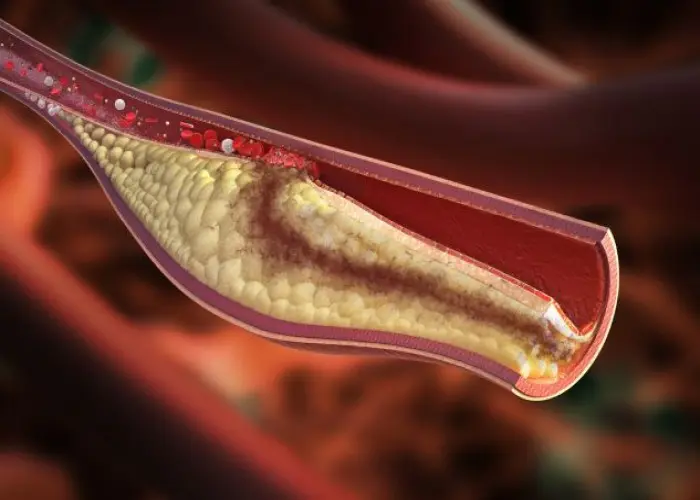
Acute coronary syndrome

Egg allergy

Stress incontinence
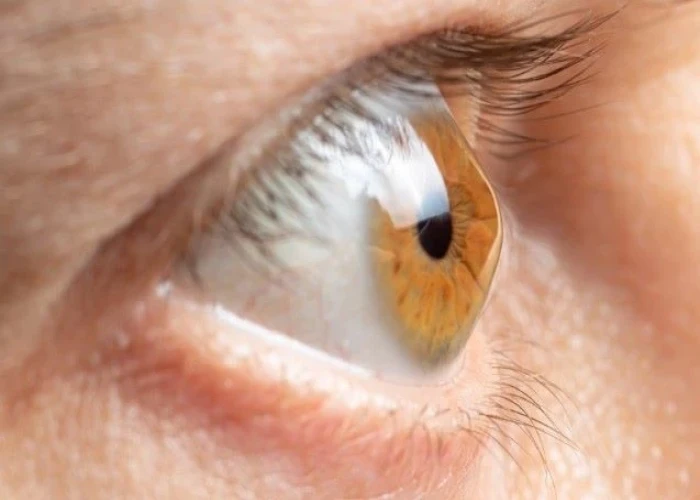
Keratoconus
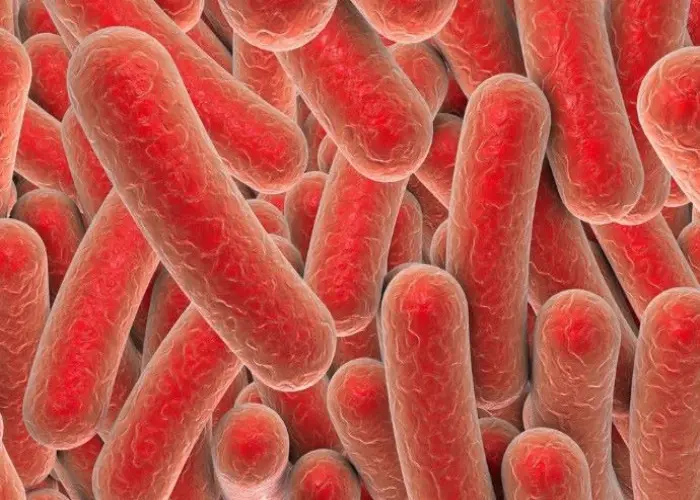
C. difficile infection

Pet allergy
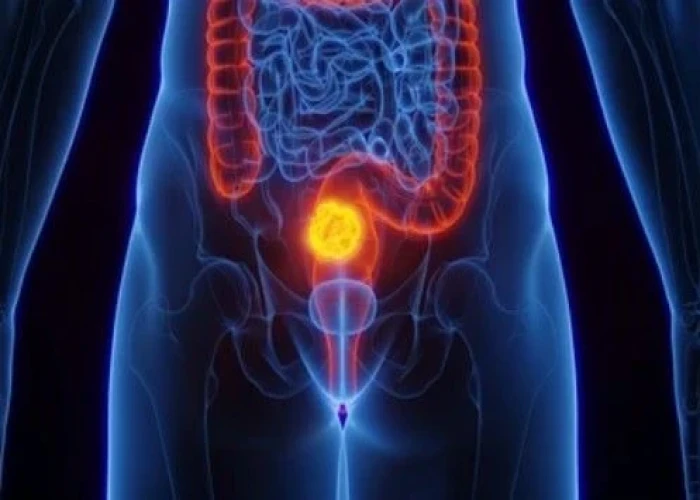
Rectal cancer

Seasonal affective disorder (SAD)
Antibiotic associated diarrhea, Antibiotic induced diarrhea treatment, অ্যান্টিবায়োটিক সম্পর্কিত ডায়রিয়া
To be happy, beautiful, healthy, wealthy, hale and long-lived stay with DM3S.
